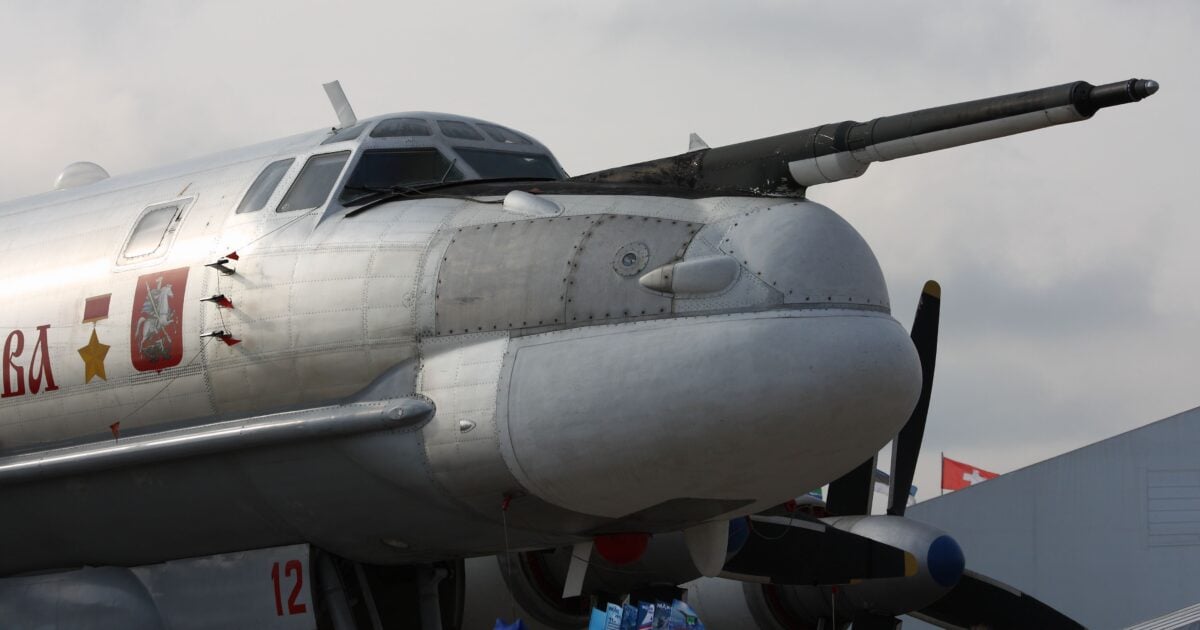By no fault of their own, the months ahead could reveal the Alaska Air National Guard’s inability to defend the West Coast from Russian adversary.
The Gateway Pundit spoke to Brigadier General Blaine “Blaino” Holt (USAF-Ret.) who was initially shocked by The Gateway Pundit’s public report on the restructuring of the Alaska Air National Guard that could hamper the nation’s security.
The former deputy U.S. military representative to NATO and co-founder of the nonprofit Restore Liberty said, “The talk about strength for structure and operational execution should have been kept behind closed doors.”
In Monday’s article, it was revealed that “a 40 percent degradation in air defense and a 60 percent degradation in combat search and rescue capabilities are expected [in Alaska by June].” A 40 percent reduction in air refueling capability and a 50 percent degradation in the Air National Guard’s space warning mission is also possible by October.
“Considering all this,” Holt said, “if they’re looking for some oversight from an unhealthy [Biden] administration and an unhealthy Department of Defense (DOD), and they’re not getting it, maybe it was the right decision to go public with the information.”
Holt questions whether the National Guard Bureau made this “willy-nilly” decision on their own. “What does cross-leveling actually mean to those of us sitting at home?” he asked. “In this example, it sure looks like they’re going to move some Active Guard and Reserve (AGR) positions around without any regard to strategy or defense of the nation.”
“At best,” he said, “it’s going to call on the Air Force active side to cover where they are short.”
“What Americans pay, when combined with the Department of Homeland Security, is well over a trillion dollars a year for their security,” Holt shared. “And this is what we get: instead of 24/7 air defense coverage, you’re going to get 24/4 coverage?”
“There are no smaller amounts of money going to the Guard or the Air Force,” he added. “If they’re on fat budgets and still can’t meet muster with operations, and their programs are so overblown that they can’t afford to defend the country right now, that’s an issue Congress has to take a look at.”
“What the heck happens if a bomber shows up on a Wednesday, as opposed to a Tuesday, when no one looking at the sky above?” he asked.
“Why would it be in this nation’s best interest to watch the [Air National] Guard fair-share its AGR assets, spread like peanut butter across the nation, where the security needs of each state are remarkably different?” he argued. “It’s not to take away from Kansas’s security, for example, but they probably don’t need as many assets in their state as Alaska.”
“The Russians have repeatedly conducted incursions into our airspace and checked our response times, and continue to do so at a time when we are supporting a country (Ukraine) in its war with Russia,” Holt pointed out. “Could you think of anything more inappropriate than to actually start to drop our defenses or lessen our defenses on such a critical border?” For him, “this is not a time to take the flank we have on the Russian border and drop it.”
According to Holt, Americans want to know: “Will responsible Congressmen and Senators, in this season of posture, take the DOD and the [National] Guard Bureau to task and ask them about the wisdom of these decisions?”
In agreement with Alan Brown, Director of Communications and Public Affairs for the Alaska National Guard and Alaska Department of Military and Veterans Affairs, Holt said, “they need to hit the pause button and think about the strategy behind this.”
“The Biden administration and the DOD needs to get in a room together and get this problem solved,” he remarked.
A minimum two-year pause to the conversion of AGR positions to allow for thorough operational, personnel, and legal analysis of the National Guard Bureau’s decision “cross-level” has been proposed.
This story originally appeared on TheGateWayPundit

